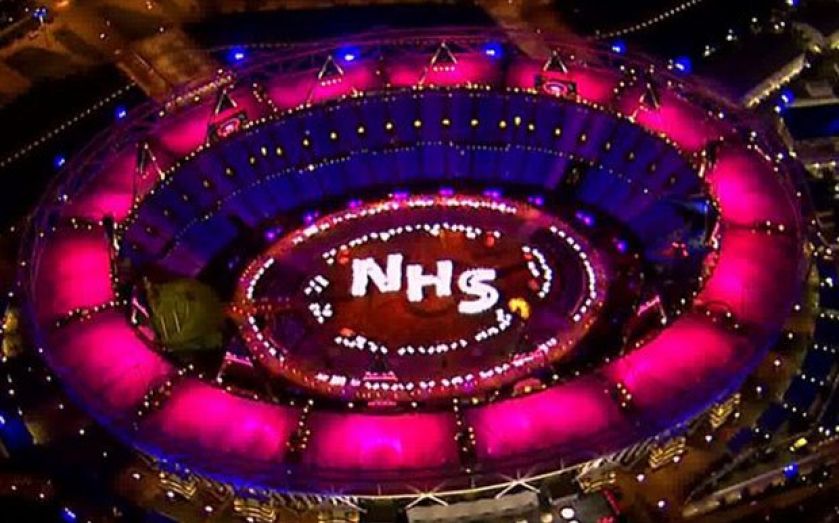The NHS does face a crisis – but it will take more than a cash injection to solve it

THE NHS arouses strong emotions, and the front page headlines across national newspapers yesterday, calling out a crisis in the health service, were just the latest example. But behind the talk of the NHS being in a “critical condition”, there are real causes for concern. Over a third of hospitals are now in deficit, waiting times are at the highest levels for years, and getting an appointment to see a GP is the new flashpoint. And this could just be the start. The NHS is ill-placed to deal with the twin challenges of demographic change and rising patient expectations.
With claims that the service is “at breaking point”, some doctors and managers have brought out the begging bowl in search of a bailout before polling day. However, as health secretary Jeremy Hunt said last week, “money should never be an excuse” for poor care. Unlike nearly every other government department, the NHS has been spared the axe this Parliament. While the police force has felt cuts of 20 per cent, the NHS’s £110bn budget has been ring-fenced. And although some GPs are in the front row of the growing chorus for “fair funding”, English doctors are among the best paid in the world.
Even if the government could find the extra odd billion down the back of the Treasury sofa, this would only buy the NHS a few months. Yesterday’s headlines are not the result of a cash-strapped system, but a system that has dragged its feet on reform for years. Little progress has been made on improving productivity, with troubling implications. According to the Office for Budget Responsibility, if health productivity increases at just 1 per cent a year, public debt would rise to 211 per cent of GDP by 2062-63.
And while the needs of patients have changed wholesale since 1948, the services the NHS provides have not kept up. Modern healthcare has to be delivered in ways that suit patients, like over the web or through apps. There is much to learn from abroad – from the condition-sharing network PatientsLikeMe, which empowers people to manage their own care, to Mexico’s Medicall tele-health service. Yet the NHS is stuck in the bricks and mortar of the past, with its nine to five opening hours.
Yesterday’s headlines are a long way from Danny Boyle’s salute to the NHS in 2012. The Olympic Opening Ceremony was meant to launch the NHS into a world market for healthcare that is already worth trillions of dollars. Better cheaper healthcare will be the next major global industry. Successful nations will be those that can export their healthcare services and not be forced to buy them from other countries.
Rather than covering up the cracks with a cash injection the nation cannot afford, the NHS needs a radical reform agenda. Fortunately, a transformation is on the horizon. Beneath the headlines, some of England’s elite hospitals, like the Royal Marsden and Moorfields, are already stepping onto the global stage and showing what can be done when innovation and entrepreneurship are allowed to flourish. The NHS’s best brands are selling their expertise across the world to countries like Dubai and China. But the rest of the health service must catch up if it is to live up to the vision Boyle showcased to the world.